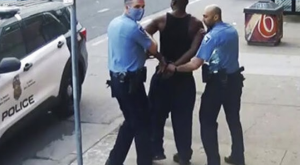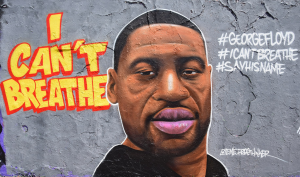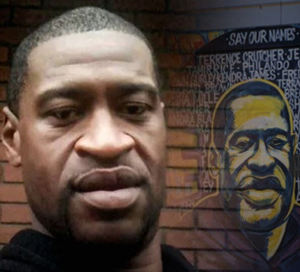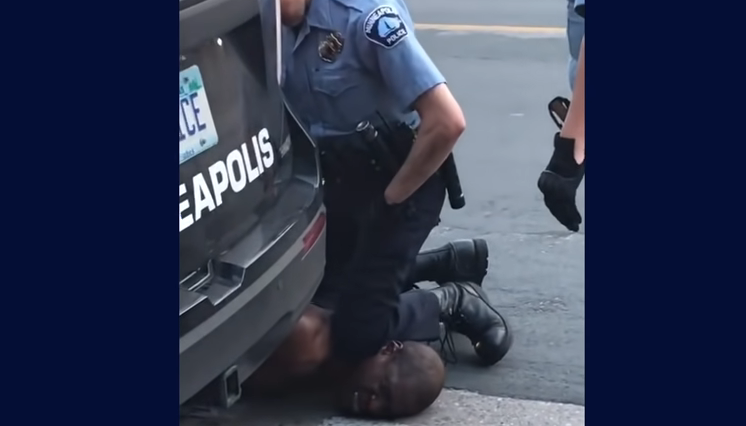By LeftNet
Photos: YouTube Screenshots
Four years ago yesterday, on May 25, 2020, George Floyd was murdered at the hands of Minneapolis police.

His killing kicked off a wave of outrage, demonstrations, and marches that swept across the United States and beyond. Demands for accountability, reform of law enforcement, the entire justice system, and much more were heavily discussed and debated.
And in one sense, Floyd’s murder and its aftermath were different. For months after his death, the country was engulfed in protests. People across the country were spurred to action, examining their privilege and the role white supremacy continues to play in many aspects of American society.
Four years later, those initial calls for accountability, criminal justice, and police reform have languished. And despite policy changes and mandated oversight from states and the federal government, there isn’t much to show that our overall approach to policing has changed at all.
Take a look below.

- Partisan efforts led by Republicans have stalled a congressional push to pass the George Floyd Justice in Policing Act — which would hold police accountable, improve transparency in policing, and create meaningful, structural changes when it comes to law enforcement doing their jobs.1
- Qualified immunity — the legal tool most police departments use to deflect any form of accountability — is still widely in use.2
- In the years since Floyd’s murder, there have been several other high-profile incidents of police brutality toward Black Americans.
- In 2022, President Biden signed an executive order that tried to parallel the George Floyd Justice in Policing Act by creating a national database of police misconduct, mandating body cameras and making that footage available to the public, and instituting new requirements to de-escalate law enforcement encounters with the public among other measures.
- While many civil rights groups lauded Biden’s move as a step in the right direction, ultimately, congressional action is needed if we’re going to truly move the needle and begin what is likely to be a lengthy and challenging process of police reform.3

But there is some hope.
Just yesterday, Rep. Sheila Jackson Lee formally reintroduced the George Floyd Justice in Policing Act in Congress. While unlikely to pass at this current moment, we will keep fighting to make it a reality. We must not waver in our commitment to criminal justice and police reform.
And we have the power to act. With the most consequential election of our lifetime on the horizon, it’s imperative that we all remember who exactly is calling for reform — and moreover, voting out those who have continued to block all efforts to address police brutality across the country.
Far too many lives have been lost or forever changed at the hands of the police. We owe it to ourselves, George Floyd, and the many others who have been directly impacted by police brutality to pass the George Floyd Justice in Policing Act.






